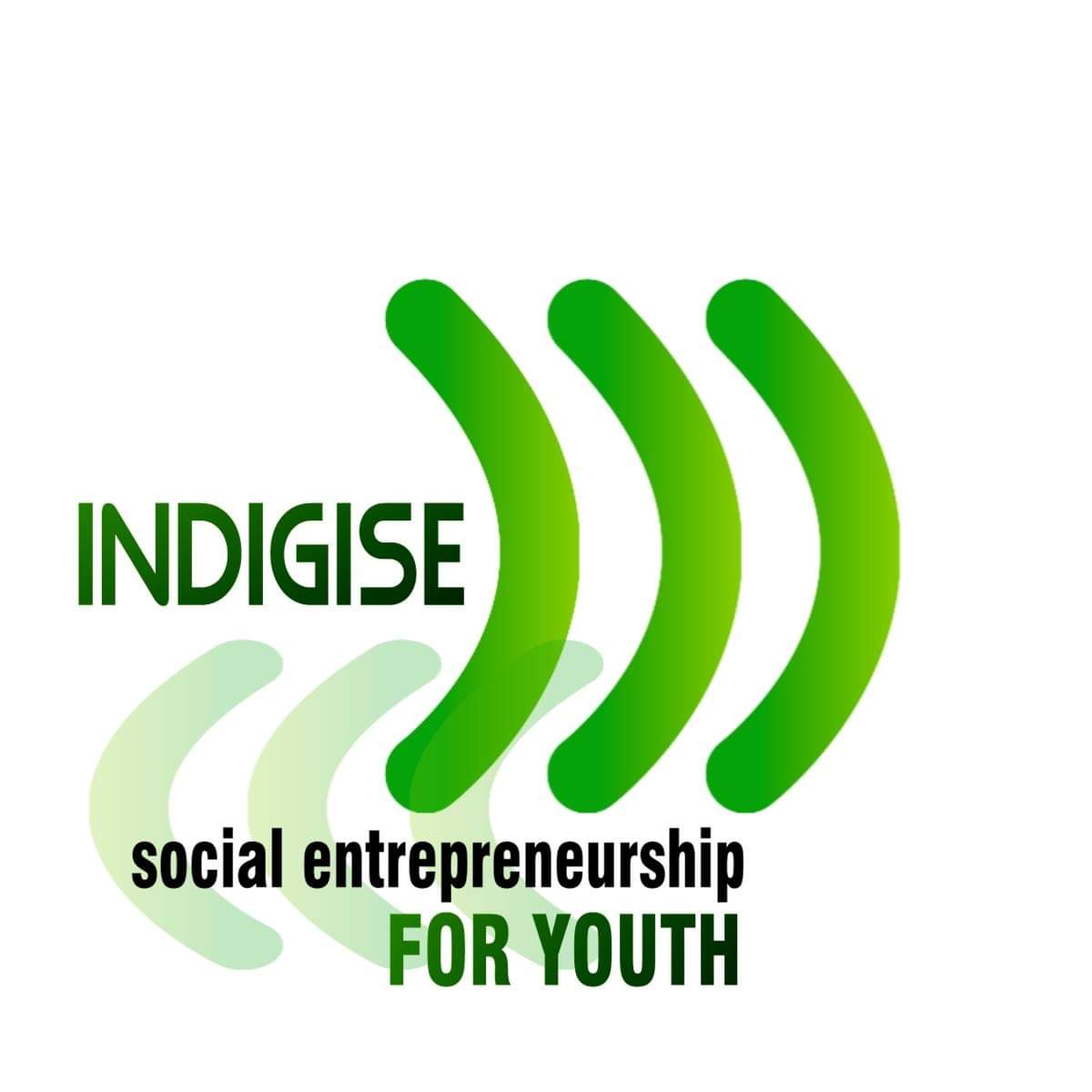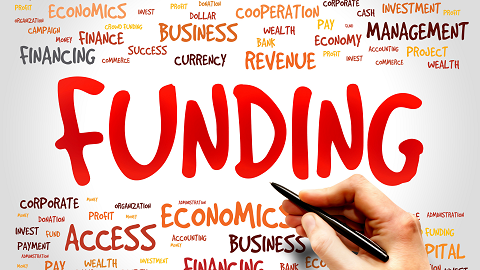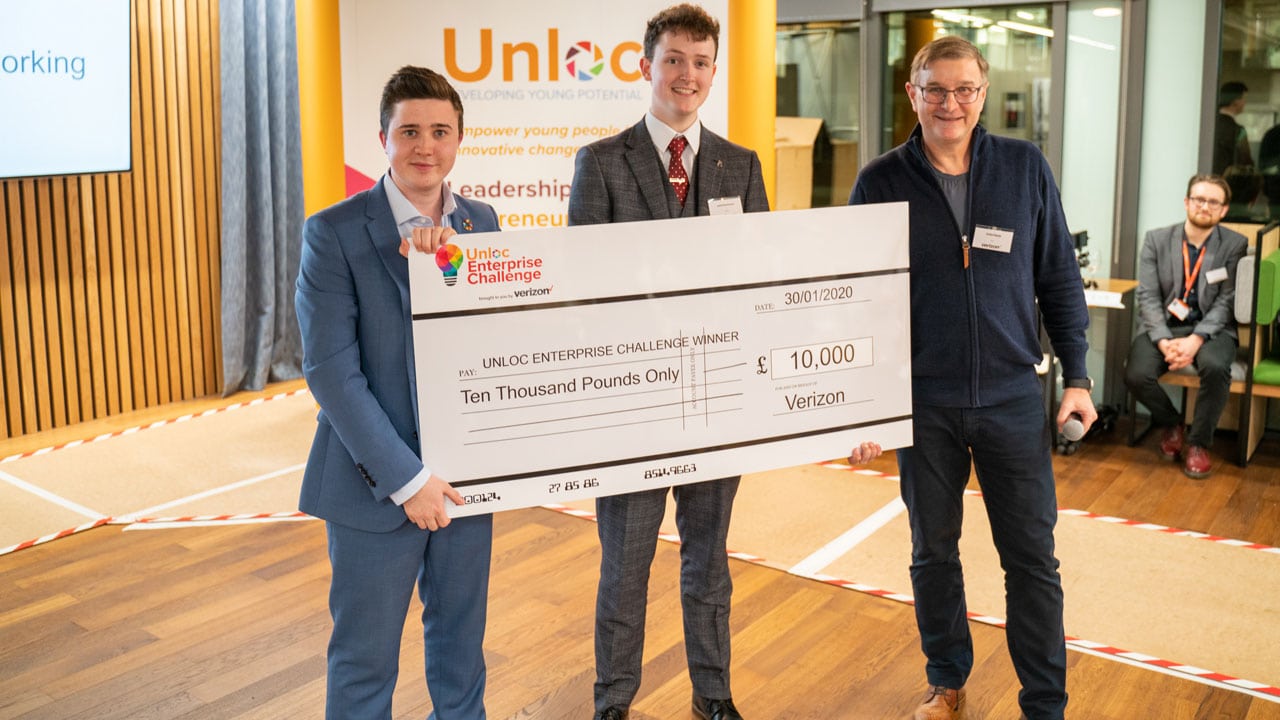Social economy and inclusive entrepreneurship are topics with transversal relevance for a variety of policy fields and economic sectors. Funding opportunities can therefore be found in most EU funding programmes.
Some of these programmes include dedicated measures. Others can be tapped into by social economy and inclusive entrepreneurship actors, even if they do not target them explicitly. This official EU webpage https://ec.europa.eu/social/main.jsp?catId=1561&langId=en provides an overview of the most relevant EU funding programmes.
Employment and Social Innovation Programme and its 2021-2027 successor
Microfinance and social enterprise finance are key enablers for the development of social and inclusive entrepreneurship. This is why the EU is providing support to microfinance and social enterprise finance providers in the form of both repayable and non-repayable finance to enhance their potential in creating jobs and building a more social and inclusive Europe.
Microfinance
Lack of access to finance is one of the main obstacles micro-enterprises are facing. A significant unmet demand for microfinance exists for vulnerable groups, which face difficulties in accessing conventional credit markets, for start-ups, as well as existing micro-enterprises.
Microcredit providers play an important role in channelling EU support to entrepreneurs. However, this young and growing sector is quite heterogeneous due to the disparity of legal and institutional frameworks in Member States and the diversity of the microcredit providers.
The Commission has launched the following support and actions targeting microcredit providers under the Employment and Social Innovation (EaSI) programme:
- a European Code of Good Conduct for Microcredit Provision defining a unified set of standards for the microfinance sector in Europe. To be able to benefit from an EaSI Microfinance Guarantee, non-bank microcredit providers have to sign up to the Code and banks have to endorse it;
- a guarantee for microcredit providers to increase lending to micro-entrepreneurs;
- a Technical Assistance programme, which provides an institutional assessment or a financial rating to microcredit providers, and supports the evaluation of their compliance with the European Code of Good Conduct for Microcredit Provision. It also provides capacity building and operates a dedicated helpdesk for microfinance providers;
- an EaSI MicPro database which acts as a source of information about microcredit providers in each country.
Social enterprise finance
As highlighted in the Social economy action plan, lack of access to finance is one of the obstacles for social entrepreneurship to thrive.
The EU is enabling access to investments of up to EUR 500,000 through the Programme for Employment and Social Innovation (EaSI). Available support includes a guarantee, capacity building investments, a funded instrument and advisory support for social enterprise finance providers.
In addition, equity investments in social enterprises have been piloted under the European Fund for Strategic Investments (EFSI) Equity instrument, namely via funds linked to incubators/accelerators and co-investments with social business angels.
To complement financial instruments providing repayable finance, the Commission provides grant support with a view to addressing specific market gaps:
- Grants aimed at covering part of the transaction costs of intermediaries. The grant serves as an incentive to intermediaries for making investments of below EUR 500,000 in social enterprises. Eight projects were selected in 2017 and an additional eight projects in 2019.
- Grants for boosting the development of social finance markets in Europe: 21 pilot projects were selected in 2013, a further 20 projects were selected in 2016, and 14 projects in 2019. The projects served as basis for developing a practical guide entitled A recipe book for social finance.
The Commission also provides operating grants for EU-level networks active in the areas of microfinance and social enterprise finance. Moreover, Member States have the opportunity to support both microfinance and social enterprises through the European Social Fund.
In the period 2021-2027, the support to microfinance and social enterprises will be continued and reinforced under the InvestEU programme. More information will be available soon on the InvestEU portal. In addition, the Employment and Social Innovation (EaSI) strand under the European Social Fund Plus will complement the InvestEU instruments with EU level support for the development of social enterprises, the emergence of a social investment market, and the development of the market ecosystem around the provision of microfinance.
Other relevant EU funding programmes during 2021-2027
The European Social Fund Plus (ESF+) is an important funding source for promoting the social economy and social innovation at national, regional and local levels. Social economy organisations are well placed to achieve most of the ESF+ specific objectives, notably in relation to enhancing the inclusiveness of labour markets and access to quality employment.
At the EU level, the Commission will support transnational cooperation specifically with a view to accelerating the scaling up of social innovation.
In addition to dedicated funding provided via the InvestEU and ESF+, several other EU funding programmes are providing opportunities for the social economy, social innovation and inclusive entrepreneurship:
- Horizon Europe, including its European Innovation Council (EIC), EIC Accelerator and the European Social Innovation Competition
- Single Market Programme including support through the Enterprise Europe Network, the Erasmus for Young Entrepreneurs and the Joint cluster initiatives
- LIFE programme
- Erasmus+
- European Regional Development Fund
- Interreg Europe Programme
- European Agriculture Fund for Rural Development
- Digital Europe Programme including support for European Digital Innovation Hubs
- Citizens, Equality, Rights and Values Programme which is implemented through national contact points
- Asylum, Migration and Integration Fund
- Instrument for Pre-Accession Assistance
- Neighbourhood, Development and International Cooperation Instrument
The European Commission makes use of the Funding & tender opportunities portal to ensure applicants have a common entry point to EU grants.
Information on how to access this funding has been gathered in an European Funding Toolkit by the Euclid Network and in a Funding Toolkit for Early-Stage Social Innovators developed in the context of the European Social Innovation Competition.


This publication has been prepared within INDIGISE project. The content of this publication is the sole responsibility of the project coordinator and may not always reflect the views of the European Commission or the National Agency.











Leave A Comment